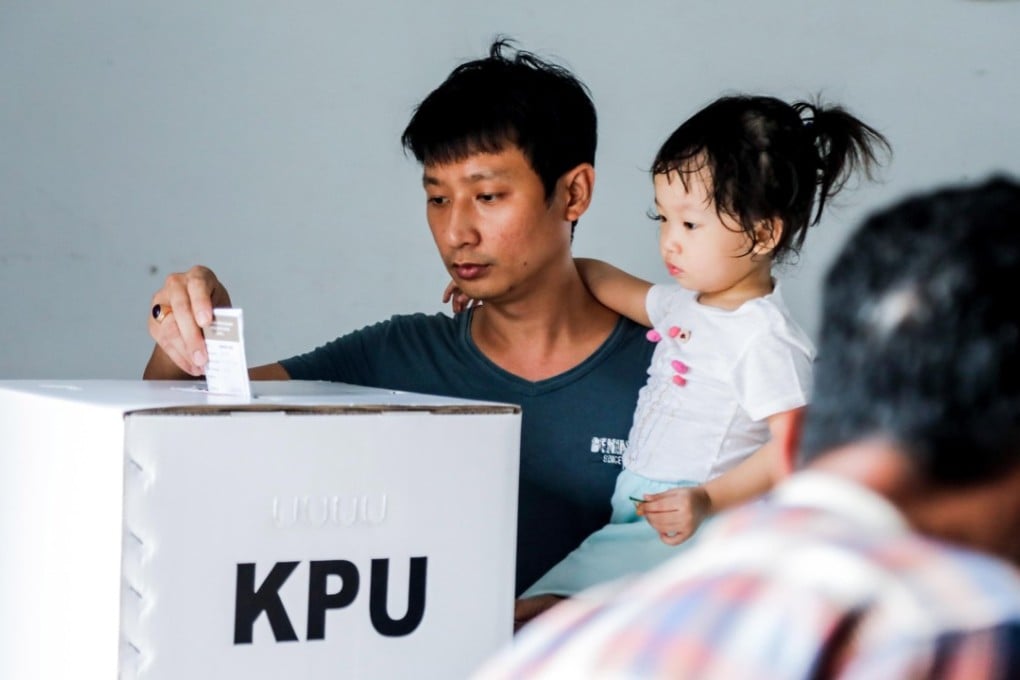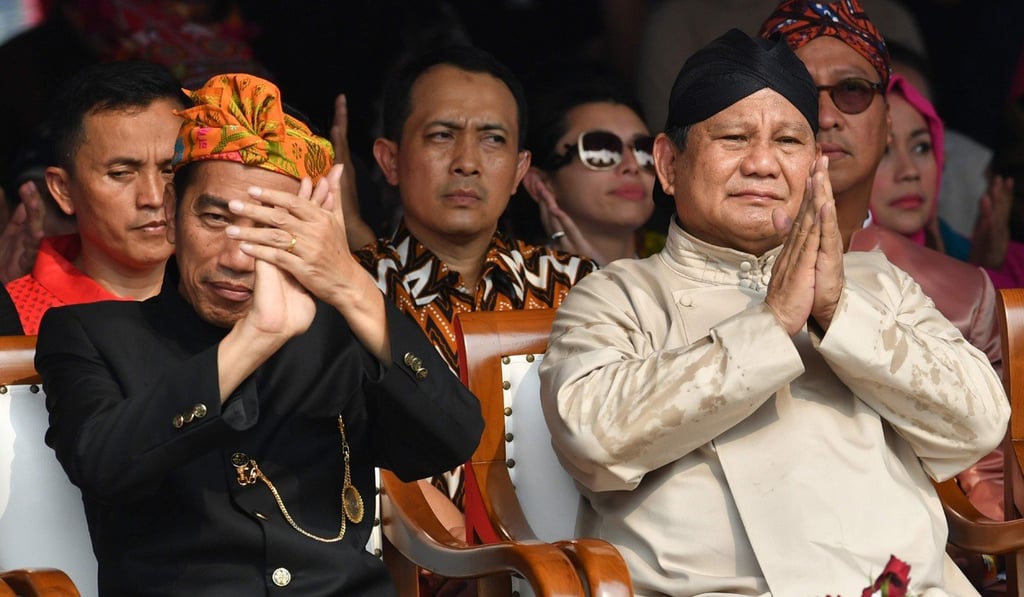How to win an election in Indonesia
Dozens of candidates convicted of graft are to run for office – and the country’s attitude towards kickbacks, which ranges from lax to supportive, means they have every chance of winning

Among the 7,968 people vying for seats in Indonesia’s House of Representatives and regional representative council, 38 candidates have previously been convicted of graft. Nevertheless, they have earned the backing of 13 – out of the 16 – political parties taking part in the country’s 2019 elections.
They were allowed to run after the Supreme Court ruled on September 13 that a by-law issued by the General Elections Commission (KPU) barring ex-graft convicts from campaigning contradicted a 2017 law on elections. The Great Indonesia Movement Party, founded by presidential candidate Prabowo Subianto, is supporting six of these candidates, the highest number among the parties involved.
Critics of the law said allowing former graft convicts to run in the elections could tear apart the integrity of the House and hamper the country’s anti-corruption efforts.
“You can’t have disgraceful actions in your records to be a member in governmental agencies such as the Corruption Eradication Commission [KPK] or Audit Board, so why does that requirement disappear for members of the House or regional council nominees?” said Adnan Topan Husodo, a coordinator at Indonesia Corruption Watch, at a panel in Jakarta. “There is a hidden interest behind the decision to allow ex-corruption convicts [to run] that might have influenced the passing of the 2017 election law, which was proposed and passed by the House itself.”
That reason is simple – being convicted of extortion or embezzlement might deter politicians from returning to the spotlight in the West, let alone running in elections, but such stigma does not apply in Indonesia where kickbacks or bribes are viewed as normal behaviour. A survey released by the Indonesia Survey Institute last week painted a bleak picture.

While most respondents said they were pro-democracy, nearly a third said they were indifferent, and in some cases even in favour of, corruption – the antithesis of the very political system they support. According to the survey, 27 per cent of respondents – especially those living in rural areas and lacking higher education – excused the practices of corruption, collusion, and nepotism, particularly to help them speed up administrative services with law enforcement bodies. This permissive tendency towards corruption could help elect ex-graft convicts to the House, analysts said.